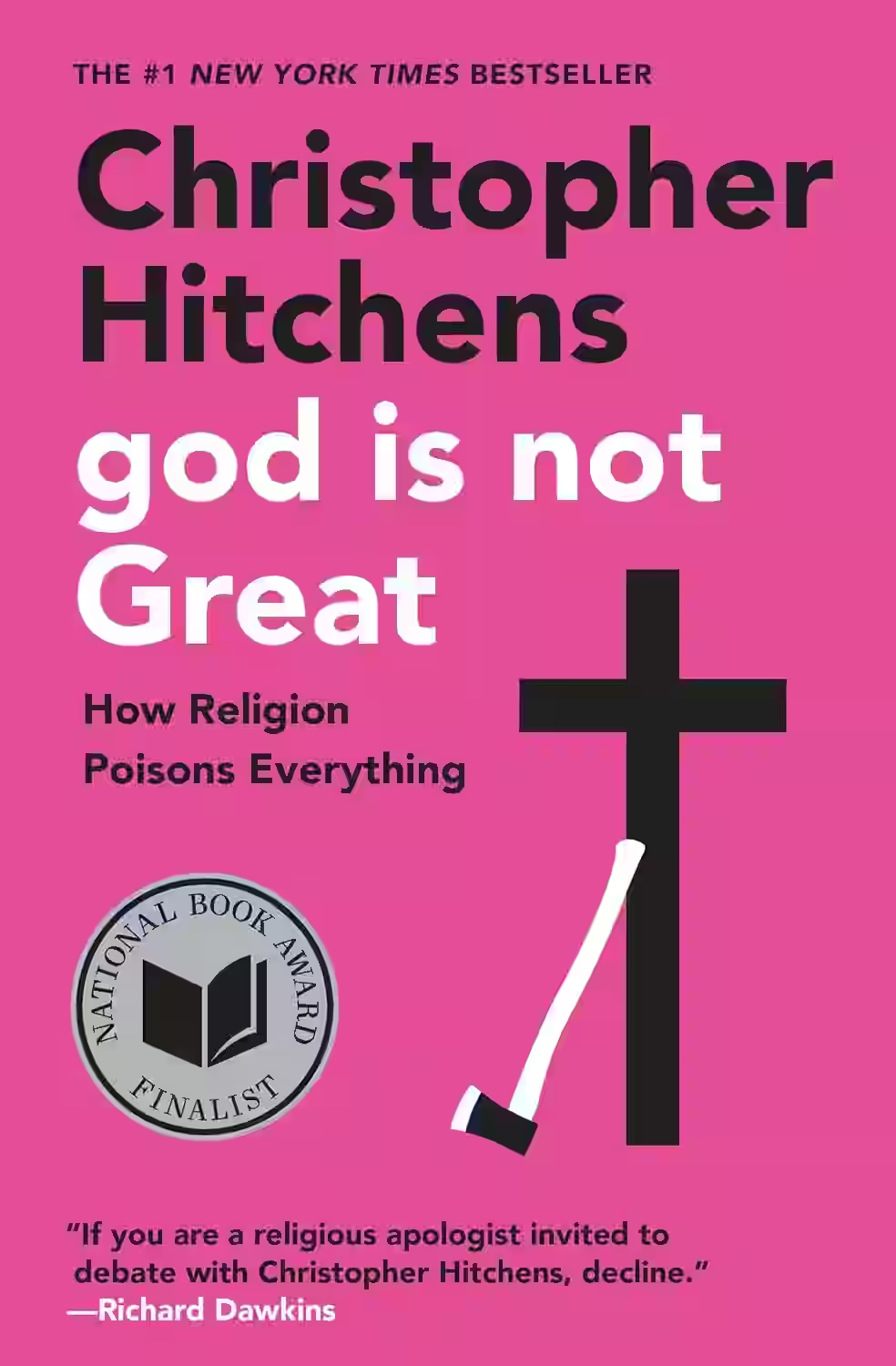
In 'God Is Not Great: How Religion Poisons Everything', Christopher Hitchens delivers a scathing critique of organized religion, dissecting its impact on politics, society, and individual freedoms. Through compelling arguments and sharp wit, Hitchens challenges the notion of a benevolent deity and addresses the harm caused by religious beliefs. He delves into various faiths, exposing inconsistencies and moral failings, ultimately advocating for secularism and rational thinking. This provocative and thought-provoking book prompts readers to question long-held beliefs and consider the role of religion in the modern world.
About Christopher Hitchens
Christopher Hitchens (1949-2011) was a British-American author, journalist, and literary critic known for his sharp wit and fearless criticism. He rose to prominence for his compelling essays and commentaries on politics, religion, and culture, often challenging conventional beliefs. Hitchens authored several acclaimed books, including 'God is Not Great: How Religion Poisons Everything' and 'Hitch-22: A Memoir'. His work had a profound impact on literature, sparking debate, and provoking readers to rethink their views on various societal issues. Hitchens was a prominent figure in the intellectual sphere, known for his prolific writing and staunch advocacy for free expression and secularism.
Other Books by Christopher Hitchens
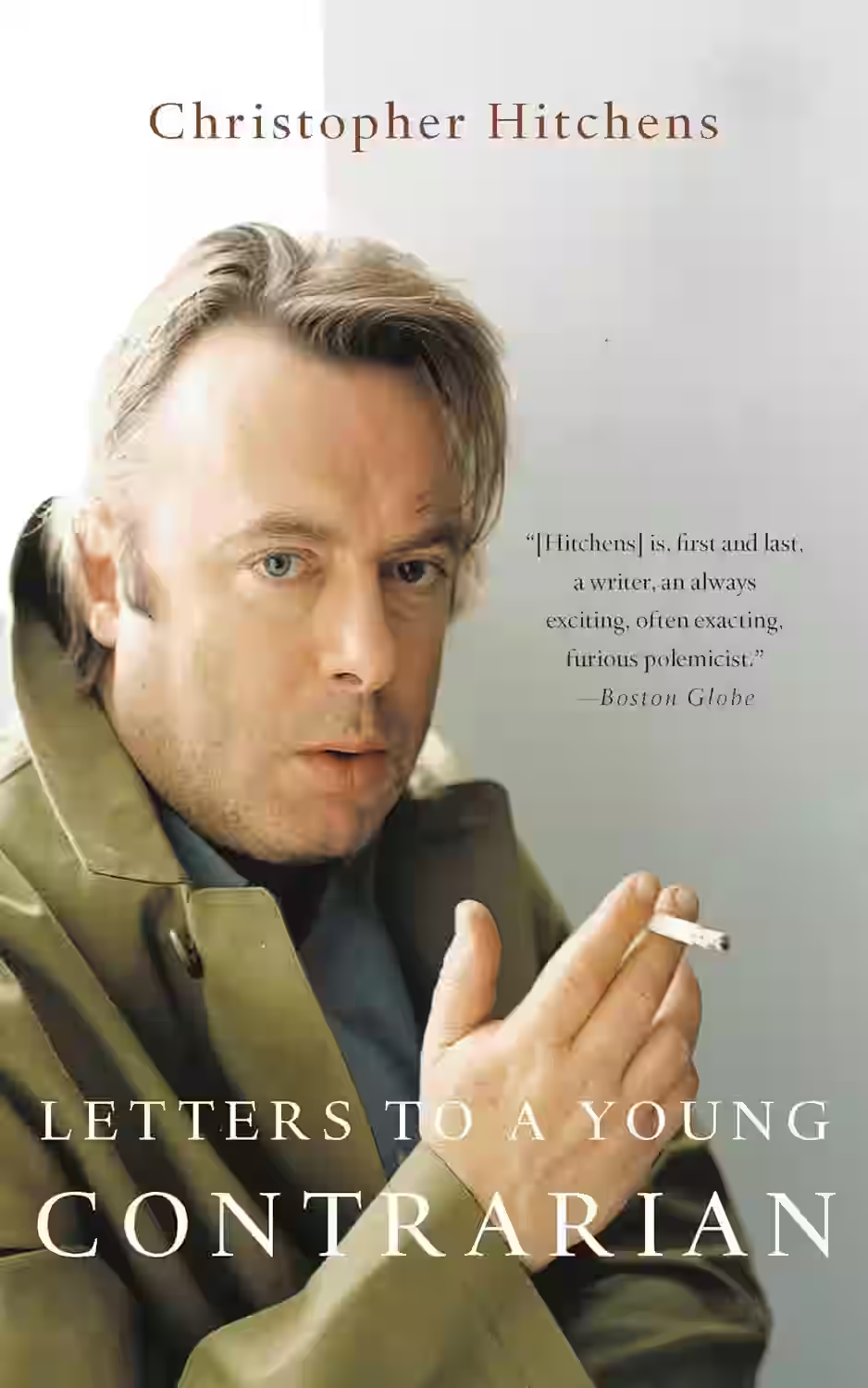
Letters to a Young Contrarian
In 'Letters to a Young Contrarian,' the renowned iconoclast Christopher Hitchens imparts his wisdom and wit to budding contrarians. Through a series of letters, Hitchens challenges conventional thinking and encourages readers to question authority, uphold principles, and embrace skepticism. Touching on topics like politics, religion, and society, this book serves as a manifesto for those who dare to dissent and think independently. Hitchens' sharp prose and intellectual prowess make this a compelling and thought-provoking read, urging readers to engage critically with the world around them.
Similar Books
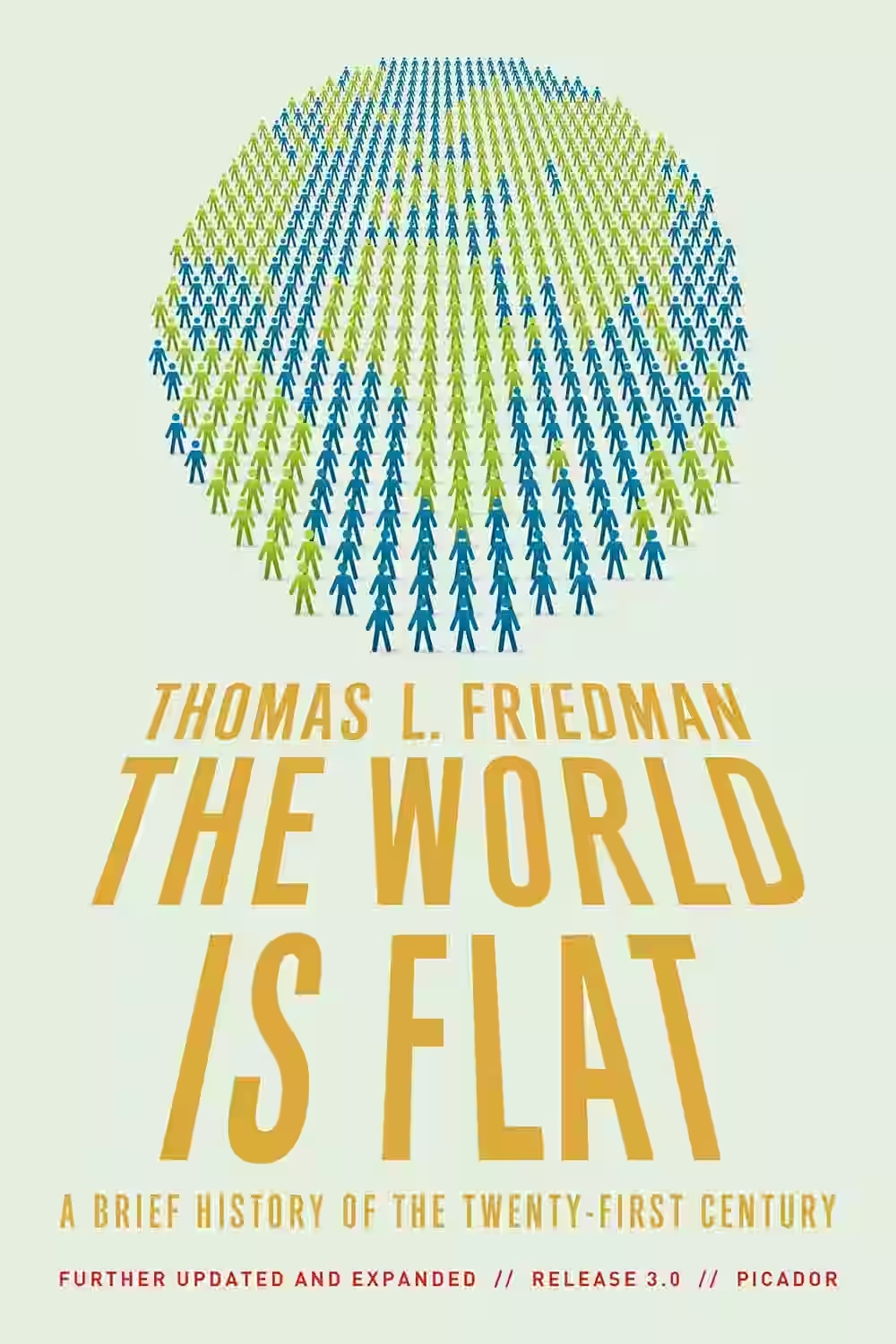
The World Is Flat
In 'The World Is Flat,' Thomas L. Friedman explores the concept of globalization and its impact on our interconnected world. He delves into how technological advancements, particularly the rise of the internet, have leveled the playing field for individuals and businesses worldwide, creating both opportunities and challenges. Friedman argues that in this 'flat' world, countries and individuals must adapt to stay competitive. Through engaging anecdotes and analysis, the author paints a vivid picture of a world where traditional boundaries are becoming increasingly blurred. This thought-provoking book challenges readers to rethink their place in a globalized society.
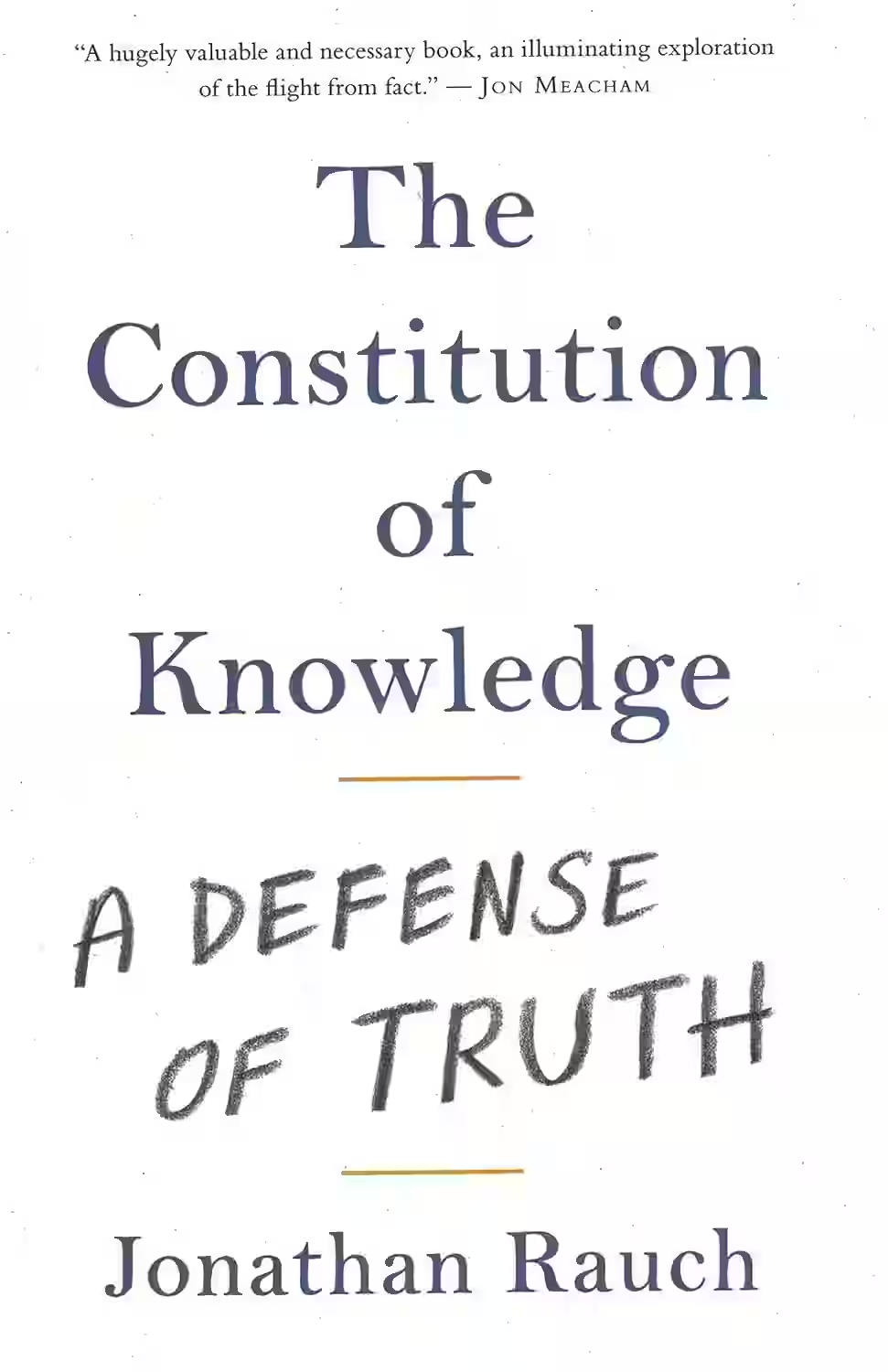
The Constitution of Knowledge
In The Constitution of Knowledge, Jonathan Rauch defends the epistemic institutions—science, journalism, academia—that uphold truth in democratic societies. He explores how norms like open debate, peer review, and fact-checking serve as a “constitution” governing the marketplace of ideas. Amid rising disinformation and tribal polarization, Rauch argues for preserving this knowledge system through free speech, tolerance, and intellectual humility. Blending political philosophy, history, and media studies, the book is both a defense and a roadmap for safeguarding truth in a digital age. It's an essential read for anyone concerned about democracy, truth, and the future of civil discourse.
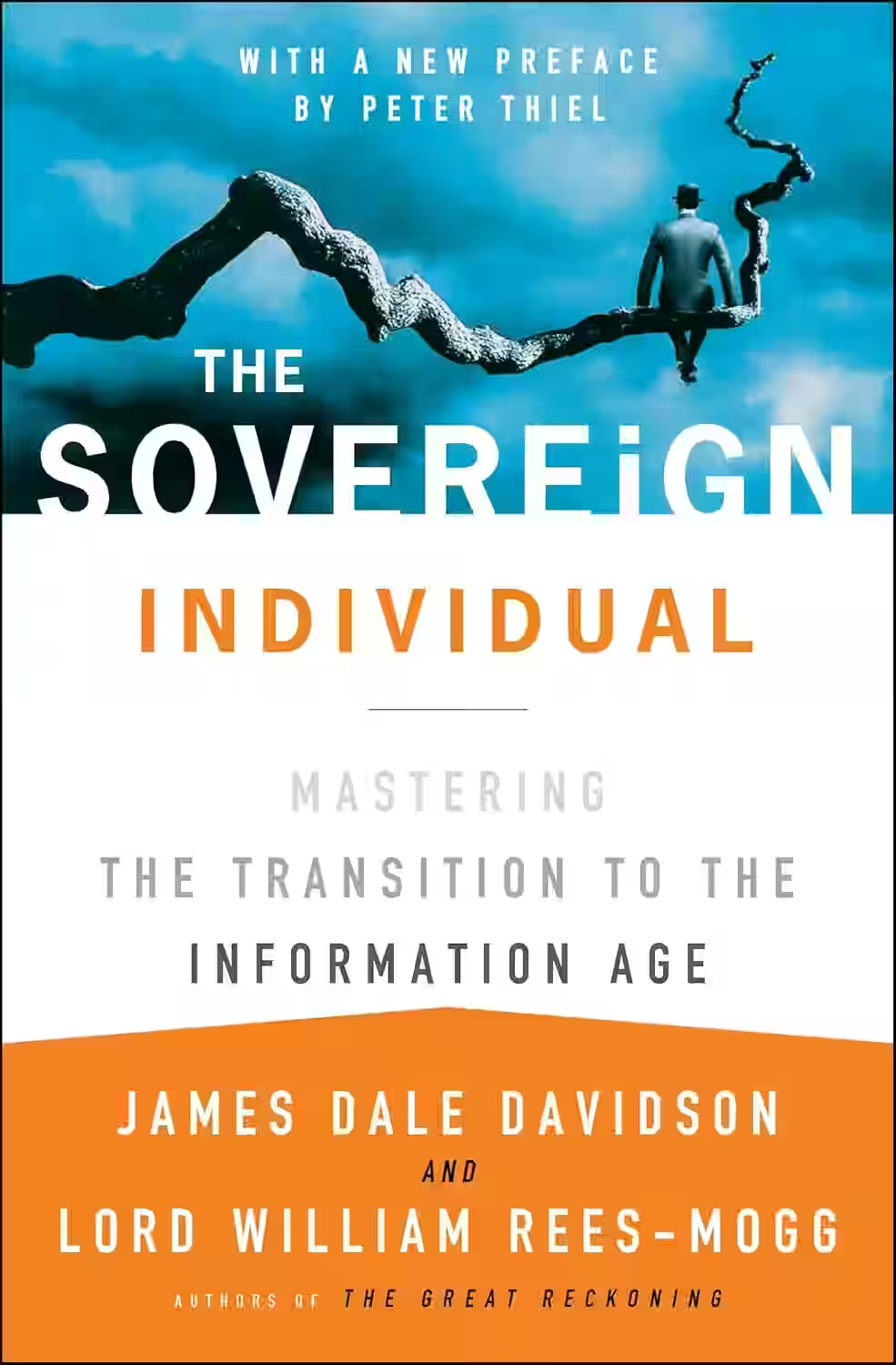
The Sovereign Individual
by James Dale Davidson, William Rees-Mogg
Published in 1997, The Sovereign Individual predicts the rise of the digital age and its impact on individual autonomy and state power. The authors argue that technological advancements, particularly the internet, will diminish the influence of governments and empower individuals to take control of their own lives. They foresee a future where traditional institutions are challenged, and personal sovereignty becomes paramount. This provocative work offers a foresightful analysis of the intersection between technology, economics, and personal freedom.
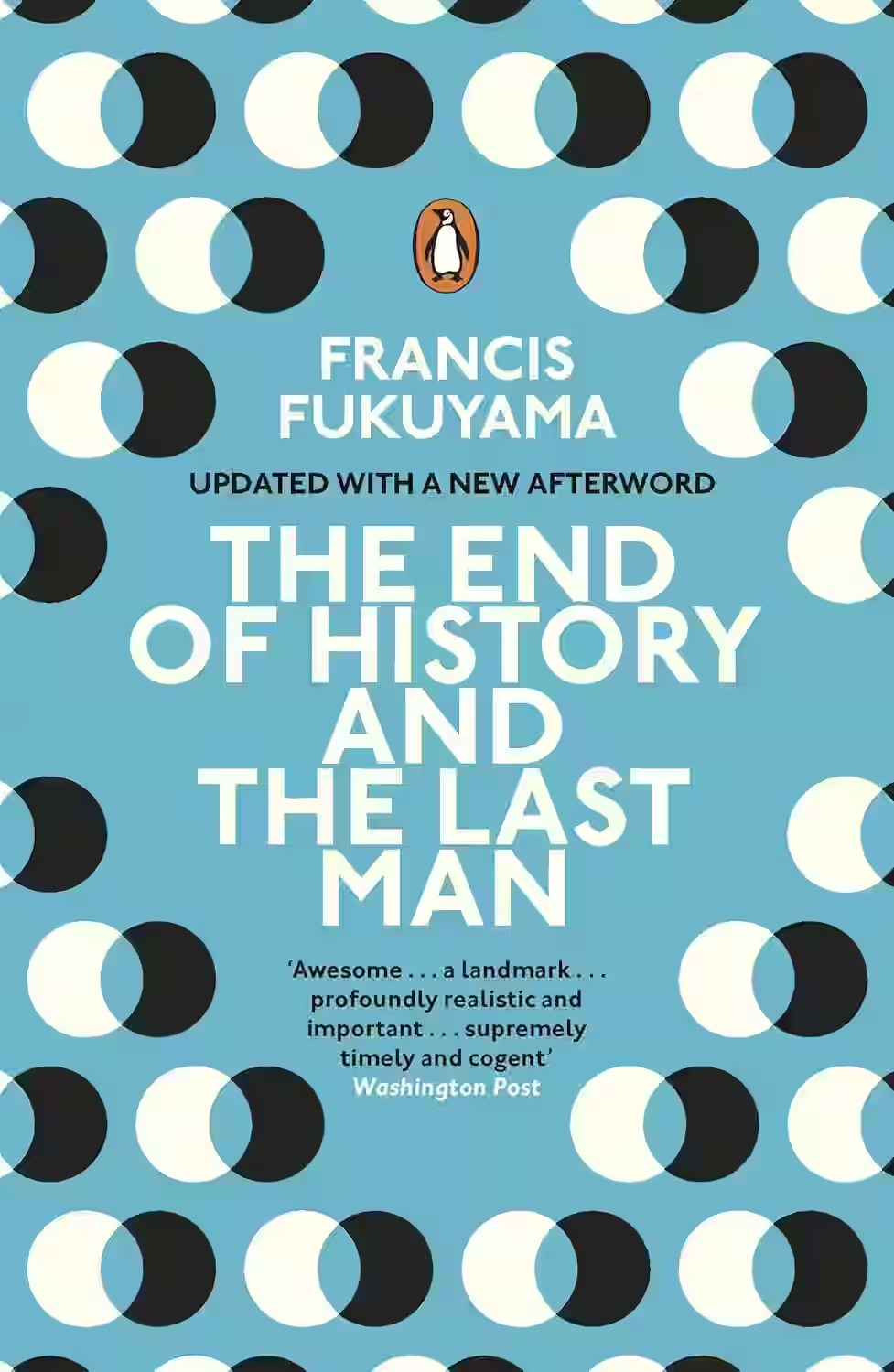
The End of History and the Last Man
In 'The End of History and the Last Man,' Francis Fukuyama explores the concept of the end of history, arguing that liberal democracy represents the final form of government and the ultimate goal of human socio-political development. Fukuyama delves into the Hegelian idea of humanity's journey towards a universal state of freedom and democracy, positing that the fall of the Soviet Union marked the realization of this vision. However, he contemplates the challenges to this theory, particularly the rise of identity politics and challenges to the liberal democratic order. This thought-provoking book continues to spark debates on the future of global governance and ideology.